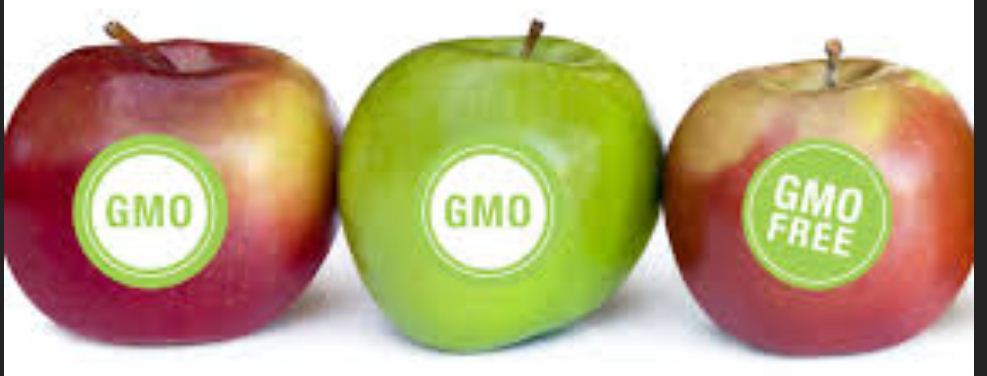
CALLS for government to adopt biotechnology-driven food, commonly known as Genetically Modified Organism (GMO) food, are growing louder with local crop researchers and scientists pushing for change of policy to guarantee the country’s food security.
NUNRURAL JENA OWN CORRESPONDENT
Speaking at a bio-technology workshop jointly organised by Ministry of Higher and Tertiary Education, Science and Technology Development and the National Biotechnology Authority (NBA) in Chinhoyi over the weekend, director of projects and technology transfer in the ministry Rangarirai Karimanzira urged government to speedily review its anti-GMO stance saying the policy threatened the country’s food security.
“With all these advantages and opportunities that biotechnology can offer in development of the nation, it is sad to note that it is highly misunderstood by the majority of people not just in Zimbabwe, but the world over. Similarly many authorities that have been put in place to regulate the safe use of the application of this technology are either not known or not fully understood by the very people who need protection” Karimanzira said
“We will remain in Chiadzwa when diamonds are being made in the laboratory,” he said.
Government has banned importation of GMO foodstuffs, arguing they were a health hazard, although some products are being smuggled from neighbouring countries.
A participant at the workshop who declined to be named for professional reasons said there was need for the government to revisit its policy on GMO’s as some of the foreign products flooding the local market were GMO-induced.
“We are not moving with the world, but unfortunately our market is flooded with biotechnology products and for us to have an ostrich mentality is suicidal and can bring hunger to our people,” said the participant.
- Chamisa under fire over US$120K donation
- Mavhunga puts DeMbare into Chibuku quarterfinals
- Pension funds bet on Cabora Bassa oilfields
- Councils defy govt fire tender directive
Keep Reading
Speaking at the same event, NBA chief executive officer Jonathan Mufandaedza said: “We need to train legislators and stakeholders on biotech as it is the key for positive policy formulation. We have people who make decisions who; make laws yet they battle to know what biotch is.”
Biotechnology is any technique that uses living organisms or parts of organisms to make or modify products to improve plants or animals or to develop microorganisms for specific purposes.
The technology has the potential to address challenges faced in agriculture, health, provision of energy, cleaning the environment and promoting industrial development.
Since 1996, biotechnology-derived crops have been commercially planted and their adoption has been increasing steadily and they are now planted by over 17,3 million farmers in 28 countries.
Biotechnology is believed to have the potential to improve agricultural productivity in Africa. However, the technology has generated heated debate with skeptics questioning its safety and impact on trade.
Currently only four countries in Africa grow biotech crops. These are South Africa, Burkina Faso, Egypt and Sudan.











